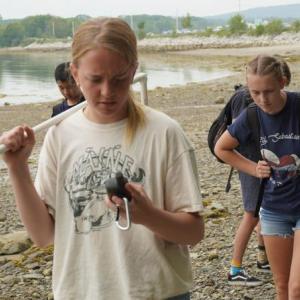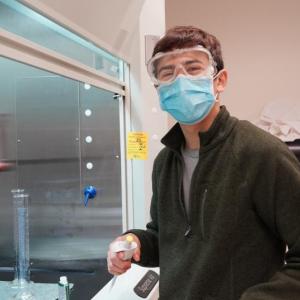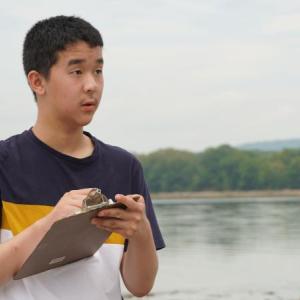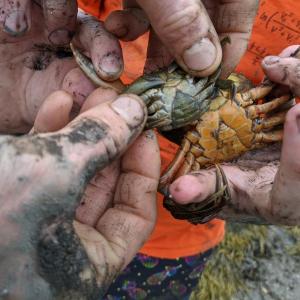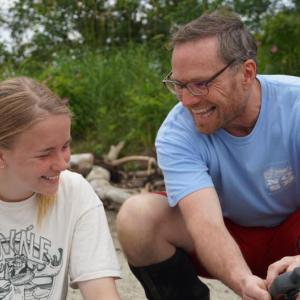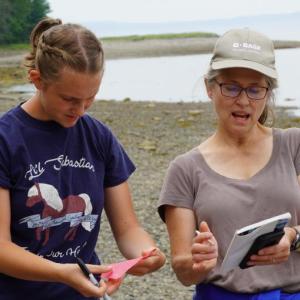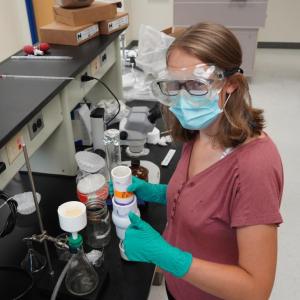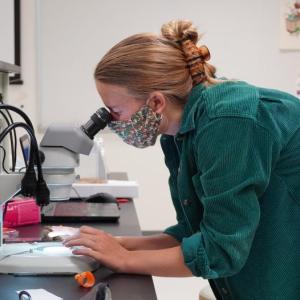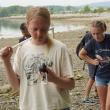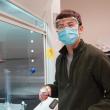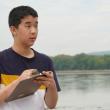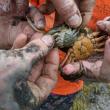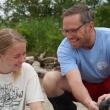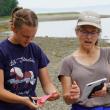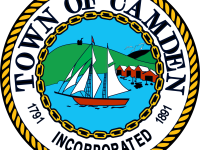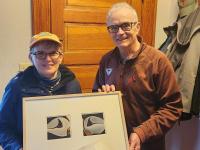Early College students participate in summer fieldwork in Belfast area
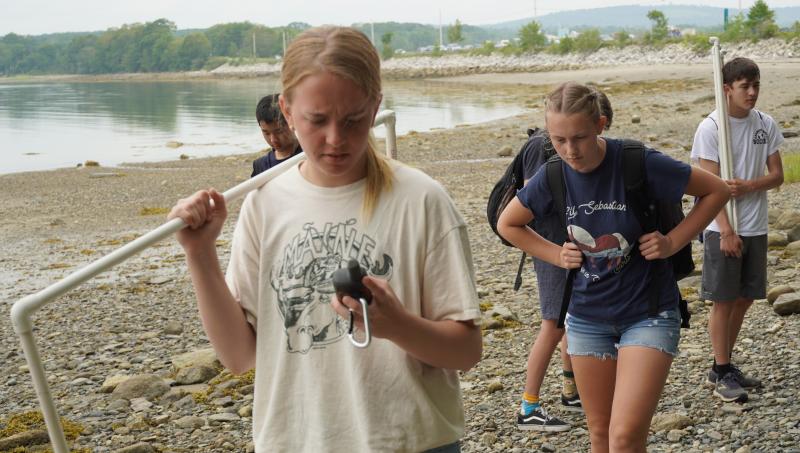 (Photo courtesy University of Maine Hutchinson Center)
(Photo courtesy University of Maine Hutchinson Center)
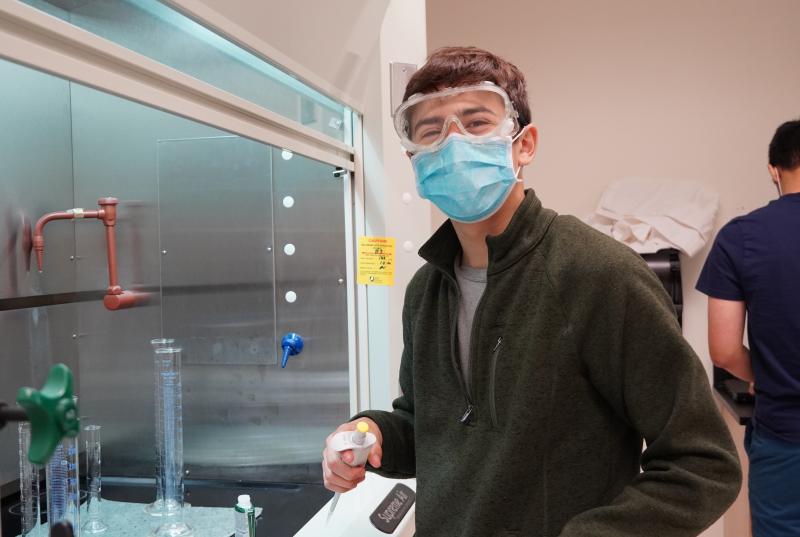 (Photo courtesy University of Maine Hutchinson Center)
(Photo courtesy University of Maine Hutchinson Center)
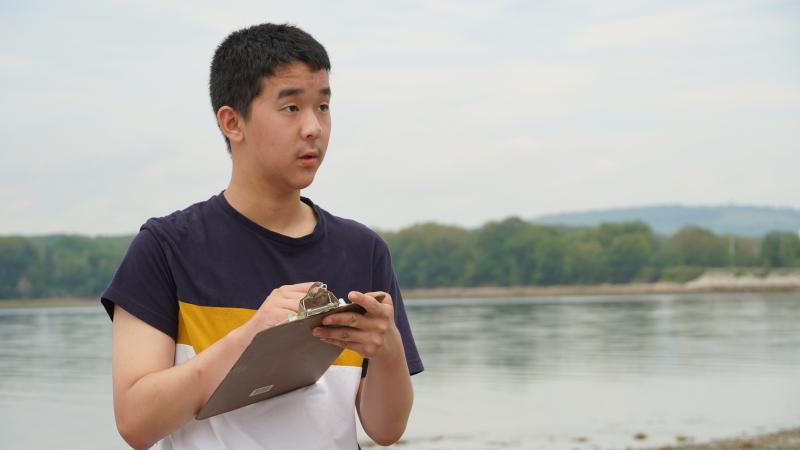 (Photo courtesy University of Maine Hutchinson Center)
(Photo courtesy University of Maine Hutchinson Center)
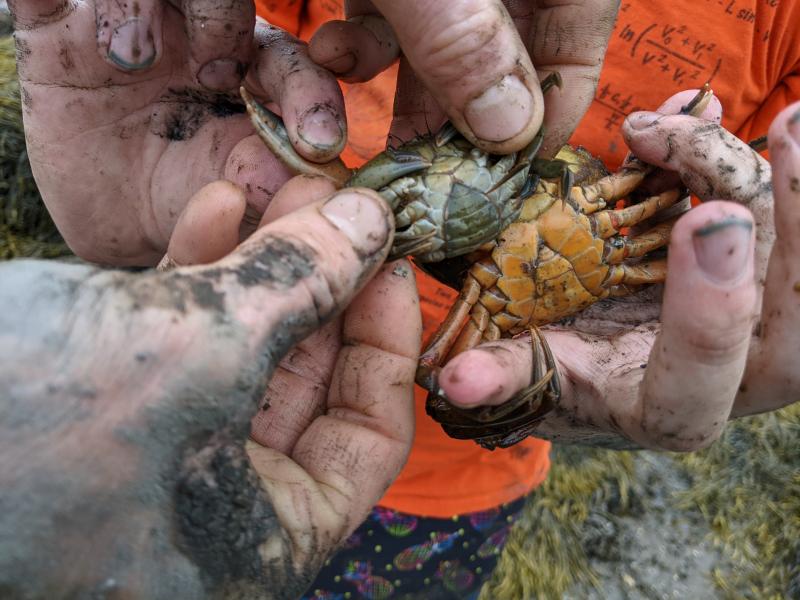 (Photo courtesy University of Maine Hutchinson Center)
(Photo courtesy University of Maine Hutchinson Center)
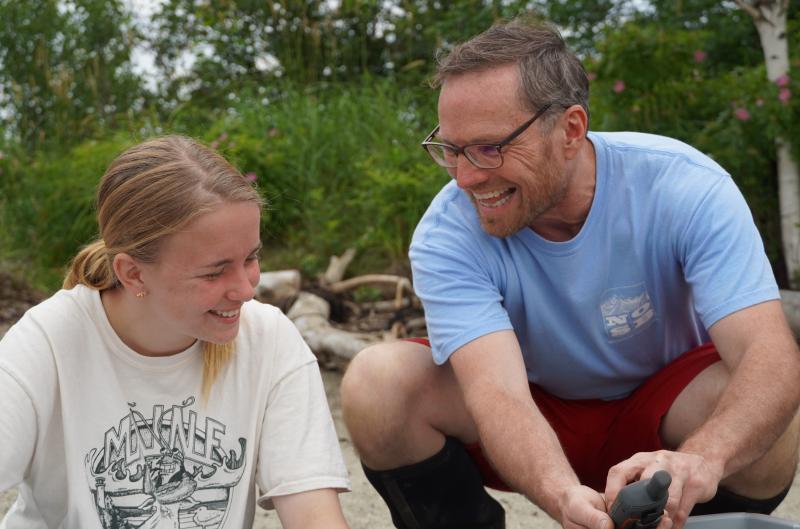 (Photo courtesy University of Maine Hutchinson Center)
(Photo courtesy University of Maine Hutchinson Center)
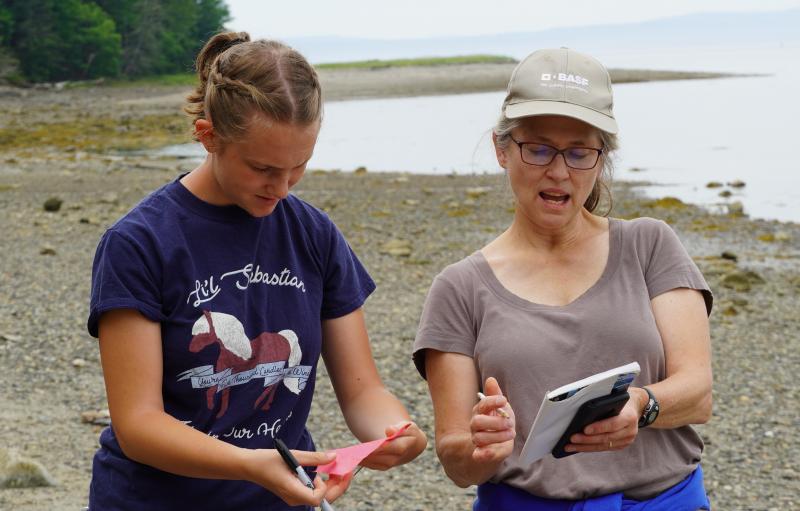 (Photo courtesy University of Maine Hutchinson Center)
(Photo courtesy University of Maine Hutchinson Center)
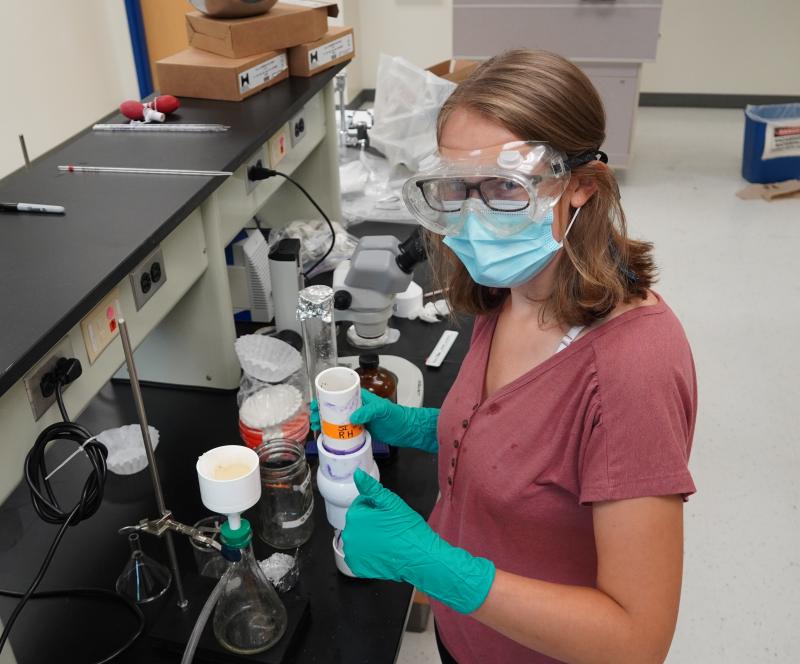 (Photo courtesy University of Maine Hutchinson Center)
(Photo courtesy University of Maine Hutchinson Center)
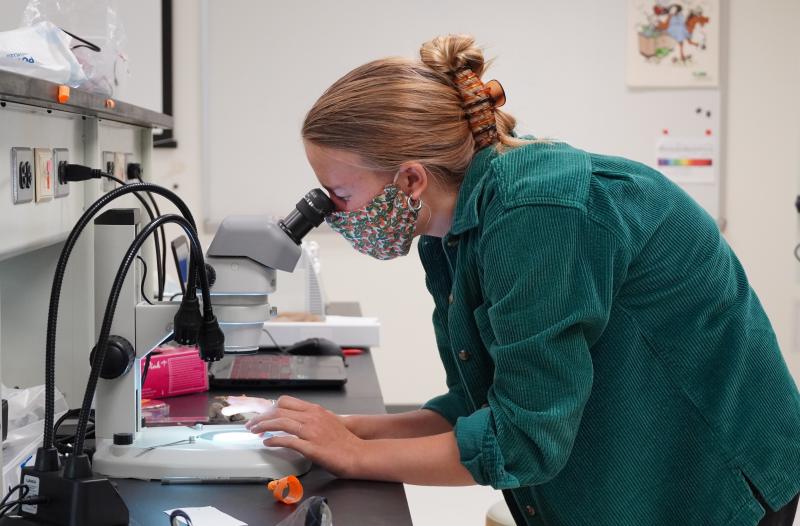 (Photo courtesy University of Maine Hutchinson Center)
(Photo courtesy University of Maine Hutchinson Center)
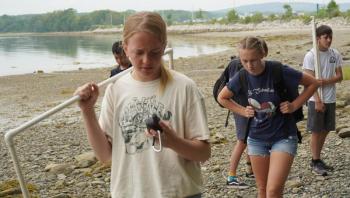 (Photo courtesy University of Maine Hutchinson Center)
(Photo courtesy University of Maine Hutchinson Center)
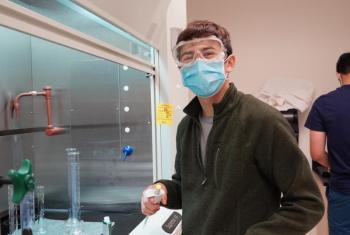 (Photo courtesy University of Maine Hutchinson Center)
(Photo courtesy University of Maine Hutchinson Center)
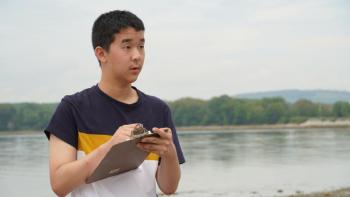 (Photo courtesy University of Maine Hutchinson Center)
(Photo courtesy University of Maine Hutchinson Center)
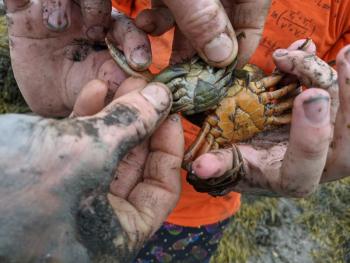 (Photo courtesy University of Maine Hutchinson Center)
(Photo courtesy University of Maine Hutchinson Center)
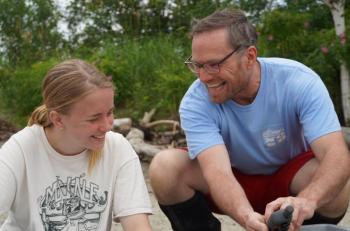 (Photo courtesy University of Maine Hutchinson Center)
(Photo courtesy University of Maine Hutchinson Center)
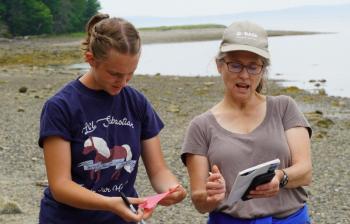 (Photo courtesy University of Maine Hutchinson Center)
(Photo courtesy University of Maine Hutchinson Center)
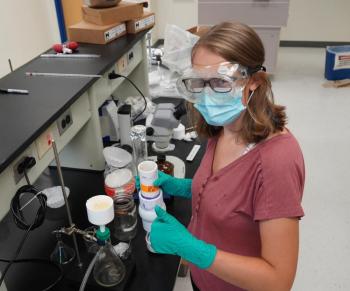 (Photo courtesy University of Maine Hutchinson Center)
(Photo courtesy University of Maine Hutchinson Center)
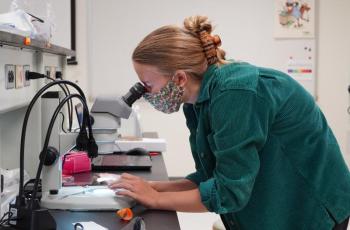 (Photo courtesy University of Maine Hutchinson Center)
(Photo courtesy University of Maine Hutchinson Center)
BELFAST — Eva Tully-Giles came all the way from California to take the course. Sadie Woodruff organized her summer jobs around it. Albert Bai’s parents drove him to and from Bangor to Belfast every day to participate.
This summer, they were among the seven high school students from across the U.S. who took part in a five-week Integrated Science and Research and Career Exploration Early College course at the University of Maine Hutchinson Center in Belfast.
Led by instructors Susan Therio and Dave Thomas, the students sampled the sand on nearby Sears Island, looking for microplastics. They handled crabs and zebrafish embryos, and researched the effects of green crab predation on clams in Belfast harbor. They designed their own research methodologies and built their own quadrats and extractors. They learned how to turn a light on and off using Arduino, an open-source electronic prototyping platform enabling users to create interactive electronic objects. They analyzed their data and confidently reported their findings, microphone in hand, standing in front of their posters at a small symposium in front of their families and community members, in polished shoes and freshly-ironed ensembles.
In addition to the hard STEM skills students acquired in the course, the high school students explored relevant research questions, applicable to the environmental problems of today. They made mistakes and were given enough time to try again. They researched questions that mattered to them. And they made a few new friends along the way — something that’s been hard to do given the impact of the pandemic on the life of the average high school student.
Ruth Havener, who attends Medomak Valley High School, said her mother was looking for summer programs for her when they came across information about the Early College course, tuition-free for Maine students, in the newspaper. After a challenging school year due to COVID-19, Havener was delighted to be taking an in-person class. She appreciated that the class attracts students with similar interests — it’s not every day you meet high schoolers obsessed with glaciers.
Havener said she enjoyed collecting her own data, getting her own samples, using a real lab, and perhaps most of all, that she and her classmates got to study relevant, contemporary issues. “We got to study things that actually matter,” she said.
During the course, Havener and her classmates sampled sand from several points along the shore at Sears Island, where 5,000 pounds of plastic bound for an incinerator spilled at Mack Point cargo facility in Searsport last December. The students used microscopes to look at the microplastics. Havener was already interested in microplastics before taking the course and was grateful to be able to take her knowledge to the next level.
As part of their experience in the class, students conducted one-on-one virtual interviews with professionals in fields of interest to them. Havener interviewed forensic pathologist Peter Cummings. After completing high school, Havener is considering a degree in biochemistry and going on to earn a master’s degree in the sciences. (When she was in seventh grade, she won the ninth annual Doodle 4 Google contest for Maine.)
In a high school science class, if Havener contaminated her sample, she would have to throw it away and watch others complete the experiment, due to the short class periods and limited materials. In this course, “if we contaminated a sample, Susan would make us start over again from the beginning, just like we’d have to do if we were in a real lab,” says Havener, who appreciated having the time, resources, and equipment to do things properly and thoroughly.
Like Havener, Bai, who attends John Bapst Memorial High School in Bangor, appreciated getting to use the advanced equipment in the biology and chemistry labs. For his research question, Bai chose to study the effects of chemicals commonly used in bug spray (specifically, DEET and picaridin) on zebrafish embryos. Bai noted how instructors Therio and Thomas taught the students how to safely handle the chemicals they were experimenting with. In a typical high school science class, students might not be given the opportunity to learn how to safely handle hazardous materials, wearing goggles, masks, and gloves under a hood that protected them from any noxious fumes. Bai waid he enjoyed meeting new people, collecting data, and putting his hypothesis to the test.
The Early College course was one of several that Clayton Wilson, who is home schooled, has taken through UMaine, though it’s the first one he’s completed in-person. Wilson’s mother noted how little they had to nudge him to do the work in this course. Wilson was so excited about everything he was learning, his mother said, that he completed all of the assignments with very little supervision.
Woodruff organized her summer jobs around the course. “She decided early on that this course is what she really wanted to prioritize this summer so we made sure her jobs fit around that,” says Alex, Woodruff’s mother.
The five-week course ended with a symposium, featuring student presentations and a keynote address by Gayle Zydlewski, director of Maine Sea Grant at the University of Maine.
More information about UMaine Early College courses is online.
About the University of Maine:
The University of Maine, founded in Orono in 1865, is the state's land grant, sea grant and space grant university. It is located on Marsh Island in the homeland of the Penobscot Nation. As Maine's flagship public university, UMaine has a statewide mission of teaching, research and economic development, and community service. UMaine is the state's only public research university and among the most comprehensive higher education institutions in the Northeast. It attracts students from all 50 states and more than 75 countries. UMaine currently enrolls 11,741 undergraduate and graduate students who have opportunities to participate in groundbreaking research with world-class scholars. UMaine offers more than 100 degree programs through which students can earn master's, doctoral or professional science master's degrees, as well as graduate certificates. The university promotes environmental stewardship, with substantial efforts campuswide to conserve energy, recycle and adhere to green building standards in new construction. For more information about UMaine, visit umaine.edu.
Event Date
Address
United States

